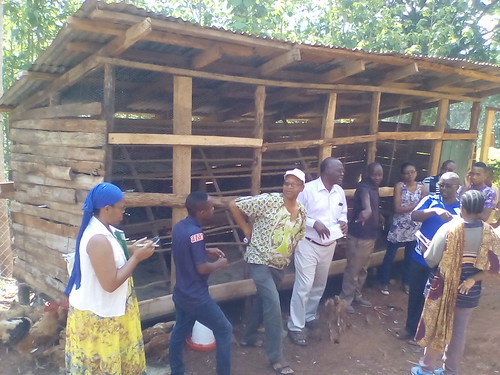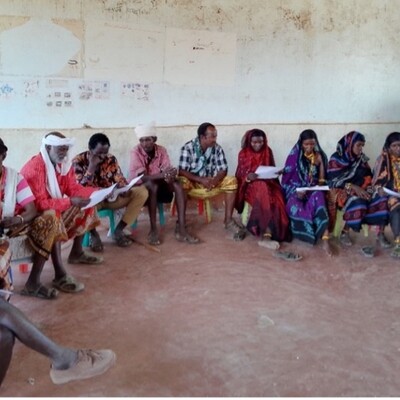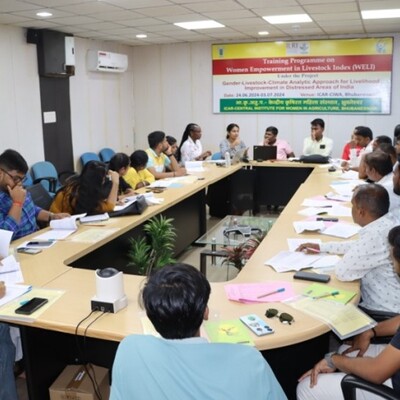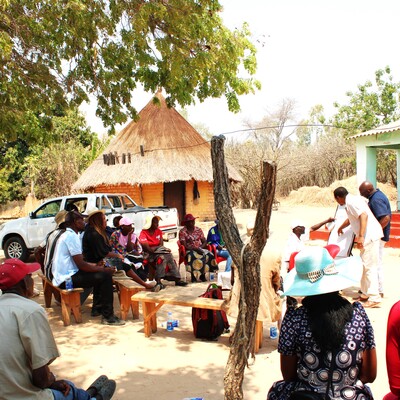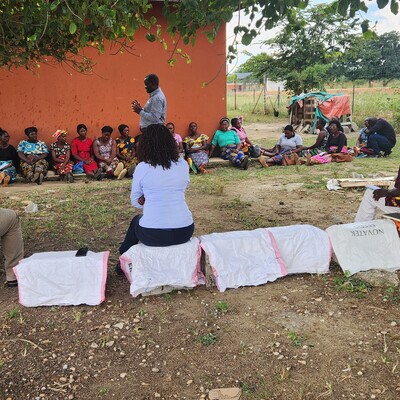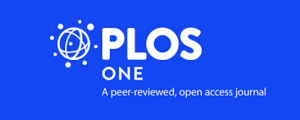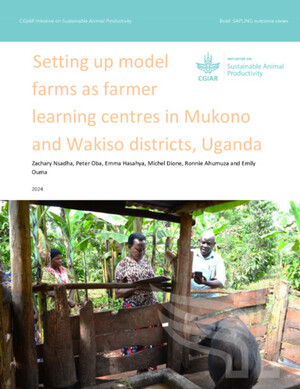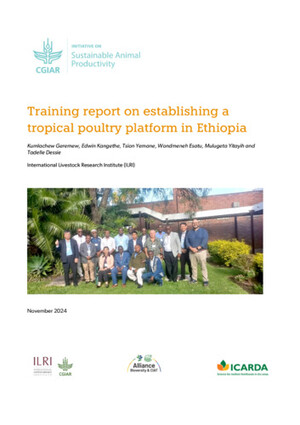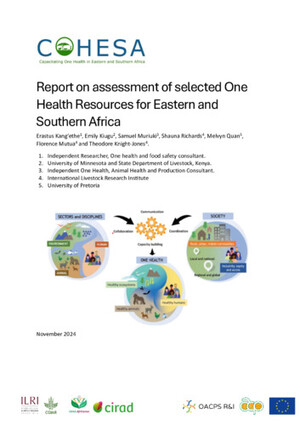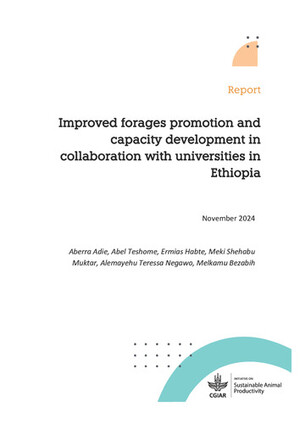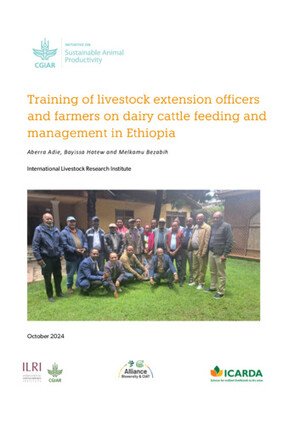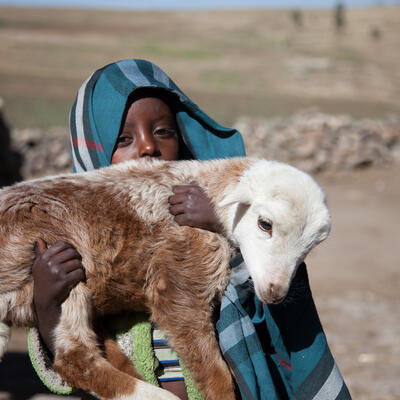
Nigeria-Tanzania exchange unlocks solutions for ACGG country teams
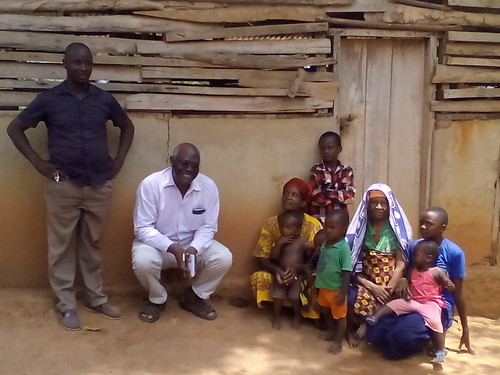
Sometimes the best way to learn is by observing what others are doing. This is one of the fundamental assumptions of study tours and exchange visits.
The African Chicken Genetic Gains (ACGG)-Nigeria principal investigator, Prof Funso Sonaiya and the national project coordinator, Deji Bamidele visited Tanzania from 8–12 March 2017 as part of a study tour to learn from the Tanzania team how to better achieve ACGG objectives in Nigeria.
The visit focuses on sharing experiences in the following areas:
- Converting community innovation platforms (CIPs) into business hubs and using these CIPs to gather information and data to address gender/socio-economic issues.
- Catalysing a microfinance movement for smallholder chicken farmers.
- Improving data management with options for real data mirroring.
- Using monitoring and evaluation tools to assess field officer activities.
- Engaging private sector and identifying their benefits and ensuring continuous supply of germplasms.
- Maintaining continuous engagement with the public (e.g. Tanzania poultry show 2016 ).
- Building capacity for students and value chain actors.
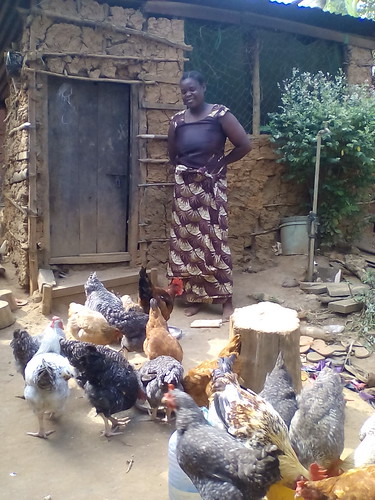
The Nigerian visitors addressed this agenda through a series of visits to private sector actors, on-farm visits, interaction with the ACGG Tanzania team and meeting with the PICO-Eastern Africa representative in Dar es Salaam.
Through these various visits and conversations the Nigeria and Tanzania team exchanged views on a wide array of issues such as: poultry feeding options, loss of hens, water availability, sale and use of cocks, using Open Data Kit tools appropriately, gender conflict and decision-making and much more.
Some of the ‘take-home messages’ for the Nigeria delegation from their Tanzania visit were:
- The possibility of joint venture business initiatives for interested private sector participants at the innovation platform.
- Supplementary feeding remains a major challenge that demands concerted efforts and immediate action.
- The need for a developmental framework that combines all the various aspects of the project (i.e. gender, socio-economics, entrepreneurship etc.).
- The project needs to help the famers tell their stories. A focus on how ‘ACGG birds’ have transformed their lives.
- The need for the ACGG teams to have an appropriate and shared definition of “who is a poor farmer?’
More cross-team conversations of this type happen through the program management team meetings when the whole ACGG team–from all three project countries– comes together to share lessons and plan project interventions. The next program management team meeting will take place in September 2017 in Addis Ababa, Ethiopia.